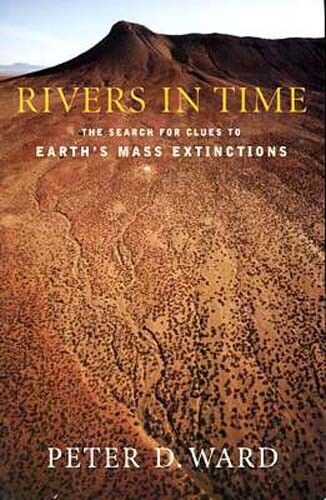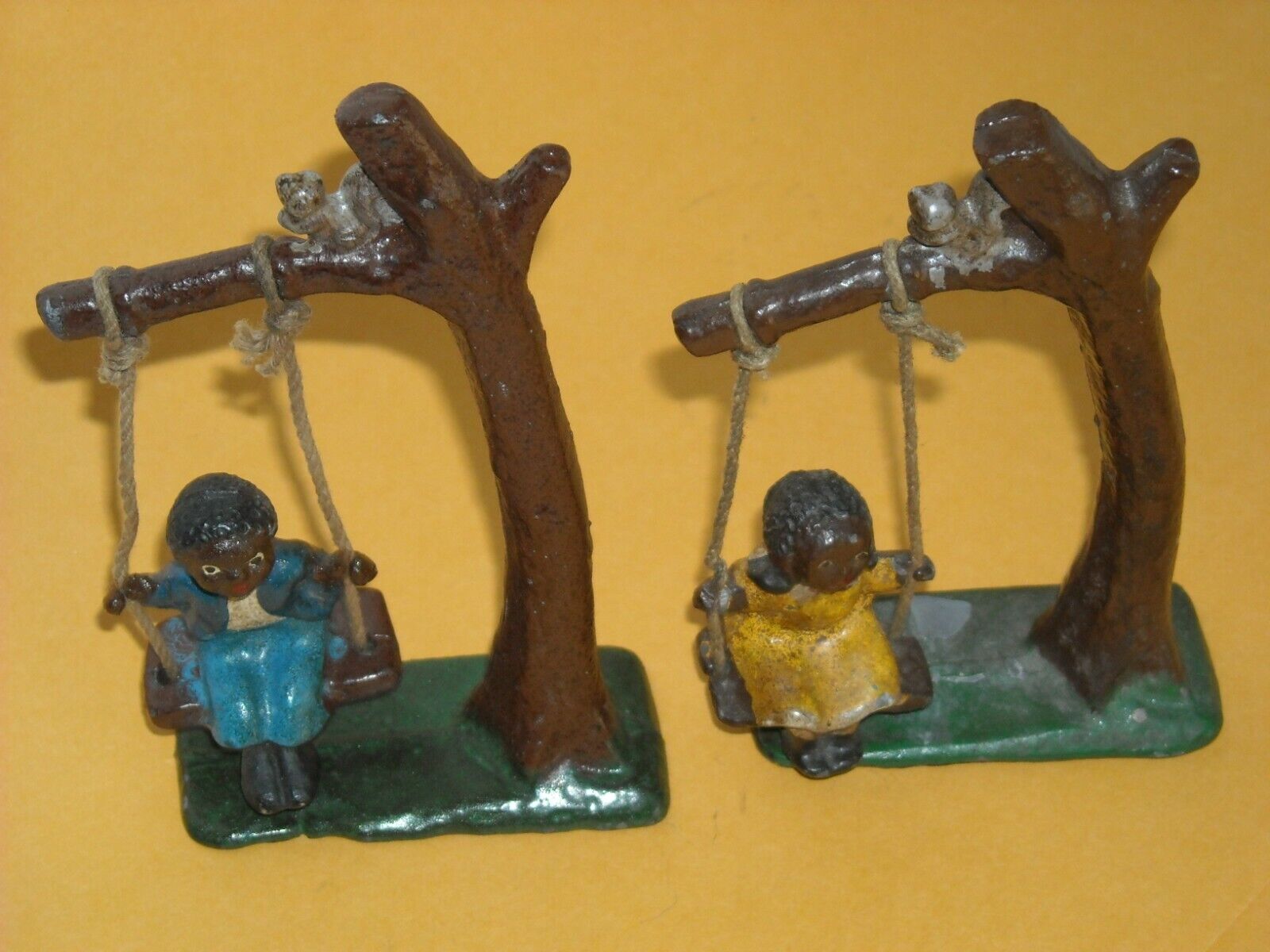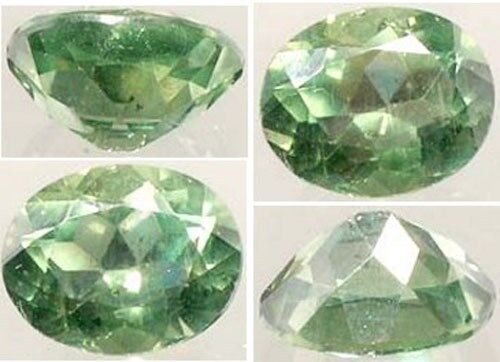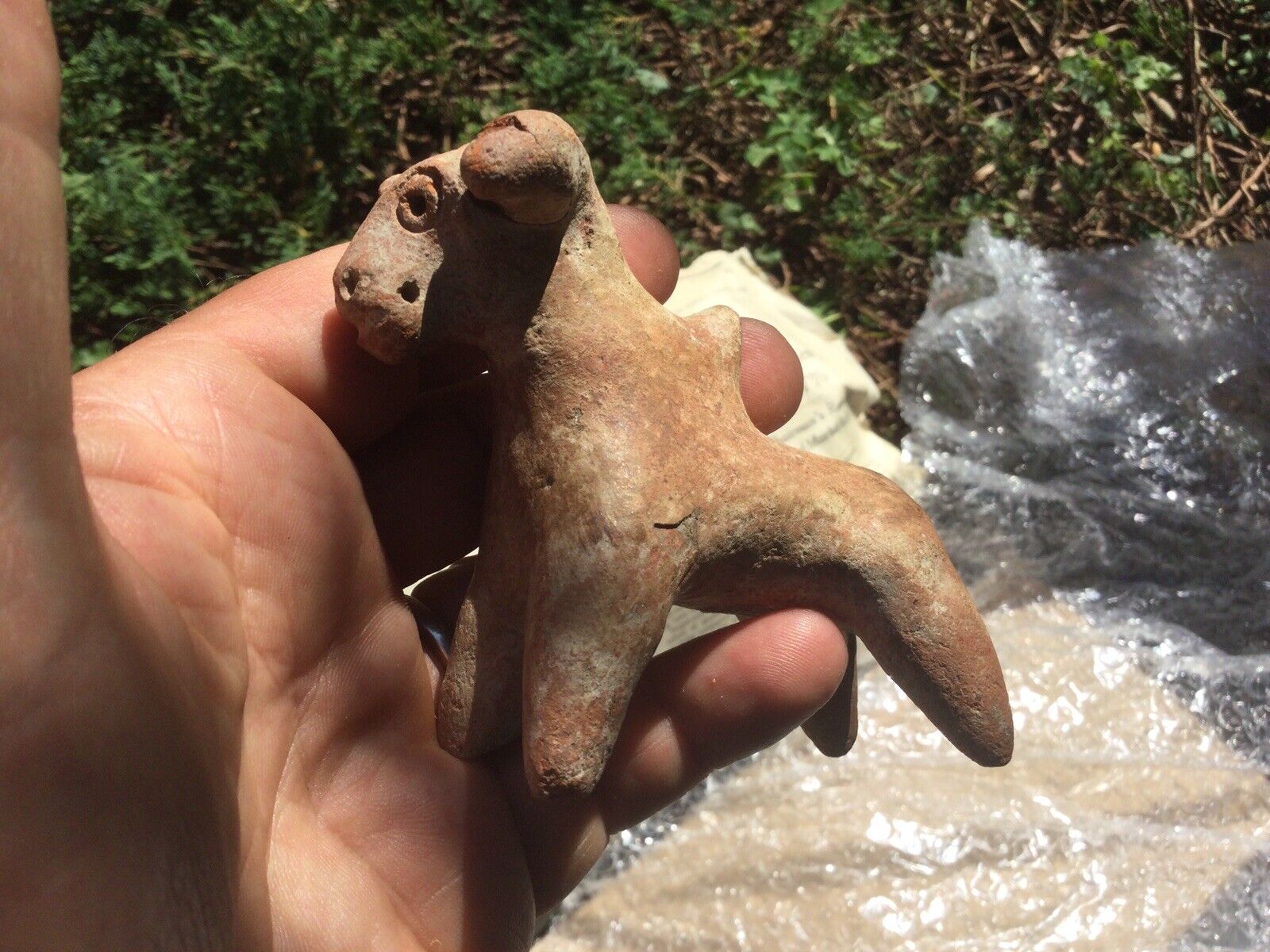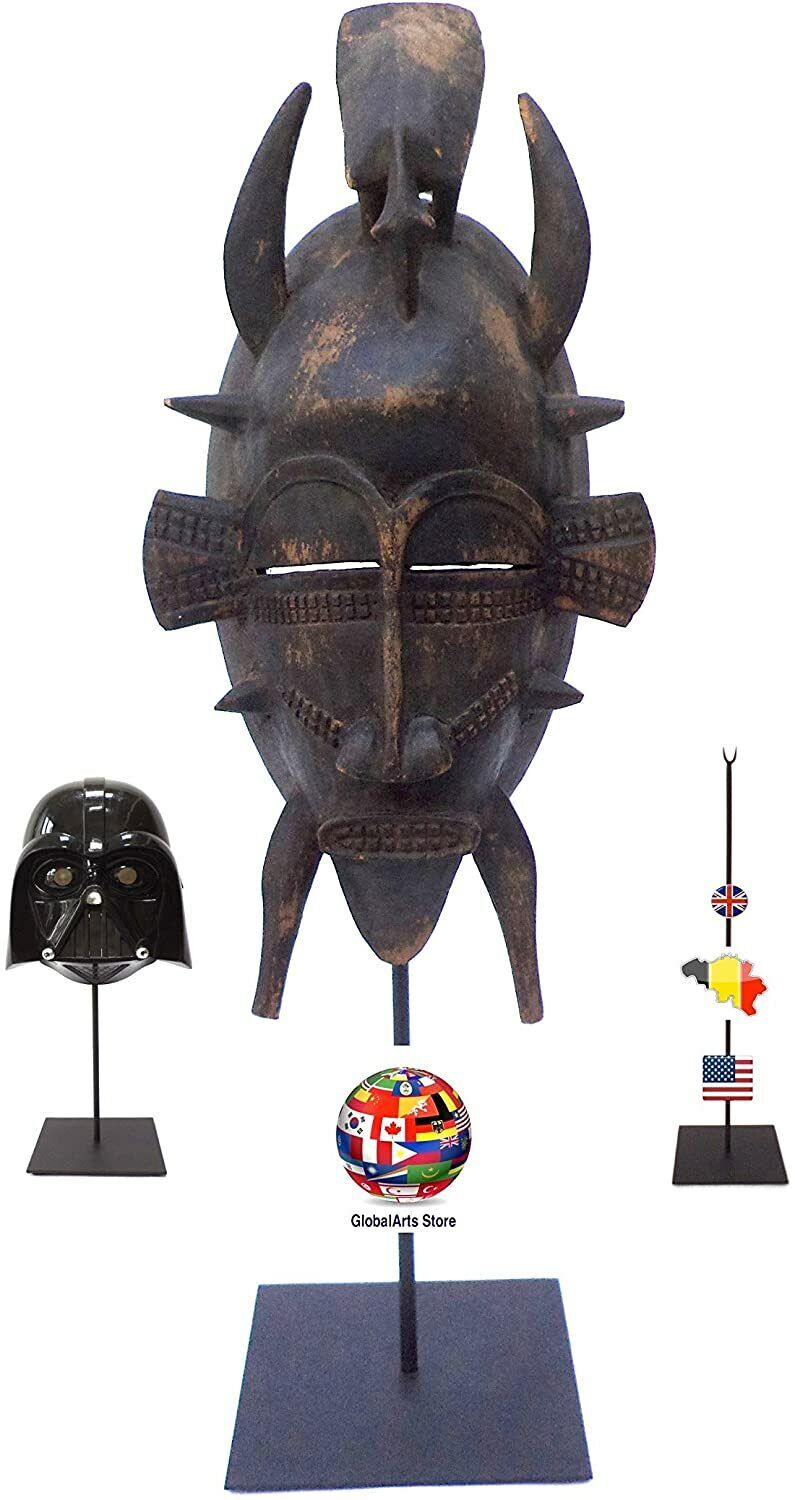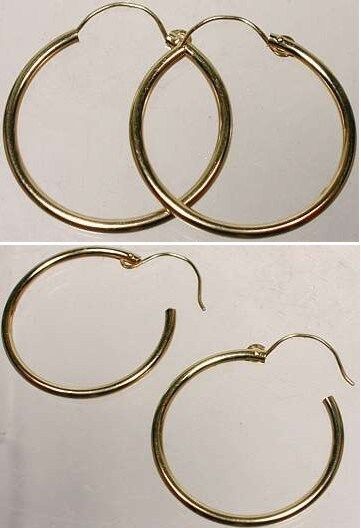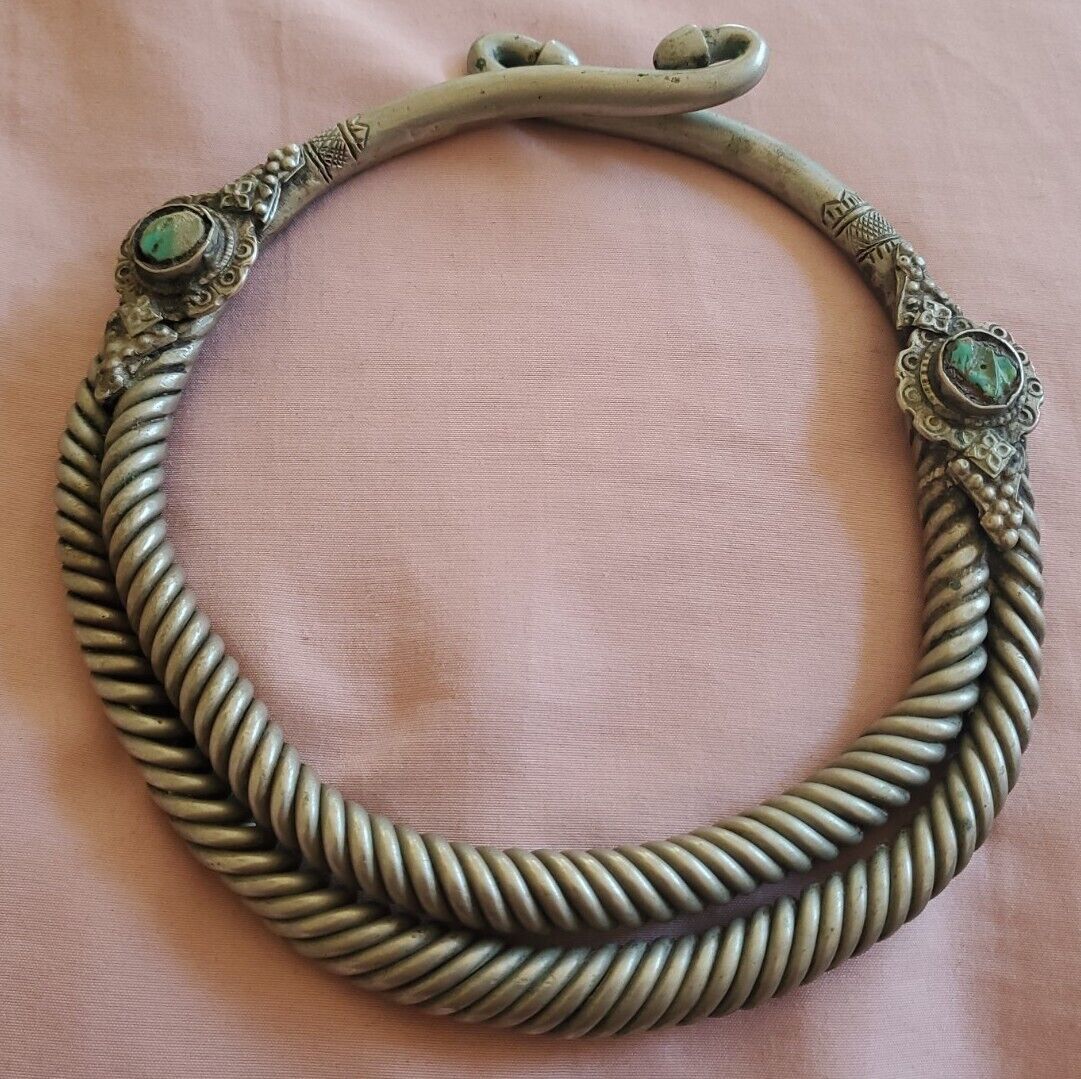-40%
Mass Extinction Permian Triassic Jurassic Cretaceous Clue Search Rivers in Time
$ 16.09
- Description
- Size Guide
Description
Rivers in Time: The Search for Clues to Earth’s Mass Extinctions by Peter D. Ward.NOTE
: We have 75,000 books in our library, almost 10,000 different titles. Odds are we have other copies of this same title in varying conditions, some less expensive, some better condition. We might also have different editions as well (some paperback, some hardcover, oftentimes international editions). If you don’t see what you want, please contact us and ask. We’re happy to send you a summary of the differing conditions and prices we may have for the same title.
DESCRIPTION:
Softcover: 315 pages. Publisher: Columbia University Press; (2000). Size: 8¾ x 5¾ inches, 1 pound.
Size: 8¾ x 5¾ inches x ¾ inch; 1 pound. Several times in the distant past, catastrophic extinctions have swept the Earth, causing more than half of all species, from single-celled organisms to awe-inspiring behemoths, to suddenly vanish and be replaced by new life forms. Today the rich diversity of life on the Earth is again in grave danger, and the cause is not a sudden cataclysmic event but rather humankind's devastation of the environment. Is life on our planet teetering on the brink of another mass extinction? In this absorbing new book, acclaimed paleontologist Peter D. Ward answers this daunting question with a resounding yes.
Elaborating on and updating Ward's previous work, “The End of Evolution”, “Rivers in Time” delves into his newest discoveries. The book presents the gripping tale of the author's investigations into the history of life and death on Earth through a series of expeditions that have brought him ever closer to the truth about mass extinctions, past and future. First describing the three previous mass extinctions; those marking the transition from the Permian to the Triassic periods 245 million years ago; the Triassic to the Jurassic 200 million years ago; and the Cretaceous to the Tertiary 65 million years ago, Ward assesses the present devastation in which countless species are coming to the end of their evolution at the hand of that wandering, potentially destructive force called “Homo sapiens”.
The book takes readers to the Philippine Sea, now eerily empty of life, where only a few decades of catching fish by using dynamite have resulted in eviscerated coral reefs, and a dramatic reduction in the marine life the region can support. Ward travels to Canada's Queen Charlotte Islands to investigate the extinctions that mark the boundary between the Triassic and Jurassic periods. He ventures also into the Karoo desert of southern Africa, where some of Earth's earliest land life emerged from the water and stood poised to develop into mammal form, only to be obliterated during the Permian/Triassic extinction. “Rivers of Time” provides reason to marvel and mourn, to fear and hope, as it bears stark witness to the urgency of the Earth's present predicament: Ward offers powerful proof that if radical measures are not taken to protect the biodiversity of this planet, much of life as we know it may not survive.
CONDITION: NEW. New oversized softcover. Columbia University (2002) 320 pages. Unblemished except for very mild edge and corner shelf wear to the covers, principally in the form of mild rubbing to the spine head, and very faint rubbing to the spine heel, and a small crease to the bottom corner of the back cover. Though the last few pages in the book echo the small corner crease to the bottom of the back cover, except for that the pages within the book are pristine; clean, crisp, unmarked, (otherwise) unmutilated, tightly bound, unambiguously unread. Condition is entirely consistent with new stock from a bookstore environment wherein new books might show minor signs of shelfwear, consequence of simply being shelved and re-shelved. Satisfaction unconditionally guaranteed. In stock, ready to ship. No disappointments, no excuses. PROMPT SHIPPING! HEAVILY PADDED, DAMAGE-FREE PACKAGING! Meticulous and accurate descriptions! Selling rare and out-of-print ancient history books on-line since 1997. We accept returns for any reason within 30 days! #1410.1d.
PLEASE SEE IMAGES BELOW FOR JACKET DESCRIPTION(S) AND FOR PAGES OF PICTURES FROM INSIDE OF BOOK.
PLEASE SEE PUBLISHER, PROFESSIONAL, AND READER REVIEWS BELOW.
PUBLISHER REVIEW
:
REVIEW: Is life on our planet teetering on the brink of another mass extinction? Acclaimed paleontologist Peter D. Ward answers with a resounding yes. Ward presents the gripping tale of his investigations into the history of life and death on Earth through a series of expeditions that have brought him ever closer to the truth about mass extinctions of the past Peter D. Ward is professor of geological sciences at the University of Washington, Seattle. He is the author of many books, including “Rare Earth”, “In Search of Nautilus”, “The End of Evolution”, and “On Methuselah's Trail”.
PROFESSIONAL REVIEWS
:
REVIEW: Ward (Geology, University of Washington, Seattle) presents the results of his investigations into the history of life and death on earth, describing three previous mass extinctions and evaluating the present devastation in which countless species are coming to the end of their evolution due to human action. Rivers in Time is rich in information and ideas and masterfully portrays for non-paleontologists how data are collected from the fossil record and then used to test various concepts. The section on the modern mass extinction is superb, and it should concern us all. Highly recommended.
REVIEW: The pace of species extinction provoked by human rapacity may well now equal the rate of loss in the great mass extinction events that punctuate the history of life. We need a broad perspective on this most portentous of all ecological and evolutionary disasters, and who better than a paleontologist to provide it. Peter Ward ranks with the very best in this most fascinating profession, and his book should be read by all thinking and caring people.
REVIEW: The current extinction of species at the hand of Man, a crime that posterity will regard as more pernicious than the burning of the library of Alexandria, is investigated by Peter Ward with rare perception and depth of feeling. This is one of the science books every self-taught genius should have read this year.
READER REVIEWS
:
REVIEW: I really like Peter Ward's books. He presently serves as my 'geological advisor', as I also am a geologist. He is not as dogmatic as some within the field of mass extinction, since he recognizes it is now becoming increasingly obvious that in most mass extinctions, these ancient 'killers' did not act alone. Early arguments in the debate of mass extinction, especially the Cretaceous-Tertiary (K/T) event, were in the form of either/or, (eg volcanism versus asteroid/comet impact), rather than one big event following and/or combining with another.
The old argument "one or the other" is now often questioned on the basis of statistics itself. You could just as well turn this logic around-if it so happened, that once in a proverbial blue moon in geological time (which is really long) TWO OR MORE events occurred at roughly the same time-wouldn't this produce a really big mass extinction??. Maybe to exterminate a large number of species against the backdrop of reasonable resistance of life to widespread extinction, more than one major event has to occur. This sort of scenario is supported, for example, by the many impact craters which have been dated and which have produce no mass extinctions. This is the general view espoused by this book. Maybe we should expect that for a 'mass extinction' event to produce a real killer blow, maybe life has to be wounded first.
Peter Ward in this book focusses on four mass extinctions- the P/T, the end Triassic, the K/T, and the present. There is good evidence for similarities -in the end Permian it is suggested to be due to life adapted to ice ages, then increased volcanism and increased CO2 with hothouse, and possible sea level changes. At the K/T it was ocean changes (?), then volcanism and increased CO2, and then impact. At the present a suprisingly similar situation appears to be occurring. Presently now it's climate change (drying of the Mediterranean, prevalence of ice ages), evolution of man (from these two possibly), and now carbon dioxide emission.
The end Triassic, along with the end Permian, are the least understood extinction events. Peter Ward takes us to the red sandstones of the Karoo (P/T), the Queen Charlotte Islands off the coast of Canada (end Triassic), and Soviet Georgia in the former USSR (K/T), to unravel some of these mysteries. The last portion of the book looks at the present extinction event-with man as the major influence. Peter Ward mentions that the start of the Triassic worldwide often contains red-beds, even near the poles-suggesting hothouse conditions. From my experience in New South Wales, Australia, this is true. The start of the Triassic in NSW is interesting in that it seems also utterly barren of coal, despite a lot of coal through the Permian. Something happened; the organisms were all dead, apparently. There are a lot of red-beds at the boundary too, hothouse conditions, even though New South Wales was near the poles at the time. It is interesting to see these sort of patterns worldwide, something strange indeed seems to have been going on at the start of the Triassic/end Permian. A good read, and a good guide to updates on extinction scenarios.
REVIEW: I've read one other book by Peter D. Ward, "The call of distant mammoths," and enjoyed it immensely, so when I saw "Rivers in Time," and recognized the author's name I snatched it up right away. The first part of this book contains condensed excerpts from earth's history, with particular emphasis on the famous and most notable extinction events found in the strata. This is preceded, and sometimes interspersed, with a brief history of geology and paleontology. Ward covers highlights relating to methods of dating sedimentary rocks using fossils, and how those techniques are anchored in radiometric dating. Ward introduces some particularly insightful information derived from some of his own field work. This adds a nice touch, and helps the reader understand a little of the flavor associated with being a field geologist. Chapter five for example, describes some work he did along the Pacific Coast of Canada, relating to the mass extinction at the end of the Triassic period, one of the five most catastrophic extinctions during the last 500 million years.
The Triassic, Permian, Cretaceous. Ward touches on them all, at least to some extent. Part III is about the Cretaceous/Tertiary event, when the dinosaurs went extinct. Here, as in other discussions, the text isn't just about the mechanics of extinction, but draws upon many ancillary issues that add depth and flavor to the discussion. Particularly interesting is his historical discussion of the scientific debate that led to the currently accepted view that a large comet or meteorite was a major (if not the major) contributor to the Cretaceous/Tertiary event. This part of the book contains interesting tidbits of information that many arm-chair scientists will, no doubt, enjoy. One passage that I underlined was the following: "... the pollen from normal plants found in that [New Mexico] region at the time suddenly disappeared, to be replaced by a pollen and spore assemblage made up almost completely of fern material. Ferns are well-known "disaster" species because they quickly move into and colonize disturbed landscapes, such as newly burned land."
Upon reading this I reflected upon the clear-cut that I had wandered across last year, with my horse, riding through the hills of the coast range in western Oregon. It was like a complete swath of destruction laid before me, with the shattered stumps of trees littering the landscape into the hazy distance, liberally punctuated with clumps of ferns. I have a hunch that the real point of Ward's book is found in section IV, "The modern mass extinction." The modern mass extinction started more than 10,000 years ago, and continues unabated today. Ward argues that we are witnessing one of the largest (if not the largest) extinction events in terms of total species lost. He lists several studies, some more alarming than others, indicating that the rate of extinction is probably in the range of thousands of species per year.
Ward never really forces the conclusion that people are the cause of these extinctions, but he does present some pretty incriminating data pointing to our species as the culprit. Mostly the evidence is circumstantial. A natural paradise exists without humans, humans arrive, mass extinction ensues. It happened in Hawaii (both with the indigenous population, and later with European invaders), the America, Australia, Madagascar, New Zeeland, and so forth. Ward also points to studies that help illustrate the complexity of extinction. Most extinctions are not caused by a single factor. And (as in the case of Madagascar) extinctions don't have to follow necessarily from hunting or otherwise deliberate killing of animals. They can (and do) happen because of habitat destruction and habitat compartmentalization and division. Something as simple as building a road through a wilderness area can be enough to tip the balance.
The cover of Ward's book shows a stark and barren landscape with dry riverbeds streaking through the sparse, brown bush. These rivers no longer run. The symbolism for extinction is deliberate. We all know that organisms and species die, but we still morn their passage. And when they die an untimely death, when their demise could have been prevented, it leaves a bitter taste of remorse and regret. As I read this book I found my self repeatedly wishing that the knowledge found between its covers could be imparted to every one of the politicians responsible for safeguarding what's left of our environment. As I tell my kids, enjoy the wilderness you see. Climb these glaciers, breath deeply the mountain air, because it is quickly disappearing. I'd call Ward's book valuable and informative, and hopefully it will spur a few to try and stop the onslaught, because extinction really is forever.
REVIEW: This book is by far one of the best books I have ever read. I now look at life in a completely different way. I was brought up in a strict Baptist home where the Bible was the only way, after reading this book I don't dismiss God but life is sure not how the Bible says it is. Peter writes this book in an informal way, which makes it very interesting; you can almost fell like you are there, taking a beginner like me into a very complicated world. I have discussed this book with others at work and found that no one that I talked to accepts evolution; they all think it's not real. I just feel so much more educated on the subject and thank Peter Ward for writing this book. It was great.
SHIPPING & RETURNS/REFUNDS
: We always ship books domestically (within the USA) via USPS
INSURED
media mail (“book rate”). Most international orders cost an additional .99 to .99 for an
insured
shipment in a heavily padded mailer. There is also a discount program which can cut postage costs by 50% to 75% if you’re buying about half-a-dozen books or more (5 kilos+). Our postage charges are as reasonable as USPS rates allow.
ADDITIONAL PURCHASES
do receive a
VERY LARGE
discount, typically about per book (for each additional book after the first) so as to reward you for the economies of combined shipping/insurance costs.
Your purchase will ordinarily be shipped within 48 hours of payment. We package as well as anyone in the business, with lots of protective padding and containers. All of our shipments are fully insured against loss, and our shipping rates include the cost of this coverage (through stamps.com, Shipsaver.com, the USPS, UPS, or Fed-Ex). International tracking is provided free by the USPS for certain countries, other countries are at additional cost.
We do offer U.S. Postal Service Priority Mail, Registered Mail, and Express Mail for both international and domestic shipments, as well United Parcel Service (UPS) and Federal Express (Fed-Ex). Please ask for a rate quotation. Please note for international purchasers we will do everything we can to minimize your liability for VAT and/or duties. But we cannot assume any responsibility or liability for whatever taxes or duties may be levied on your purchase by the country of your residence. If you don’t like the tax and duty schemes your government imposes, please complain to them. We have no ability to influence or moderate your country’s tax/duty schemes.
If upon receipt of the item you are disappointed for any reason whatever, I offer a no questions asked 30-day return policy. Send it back, I will give you a complete refund of the purchase price; 1) less our original shipping/insurance costs, 2) less non-refundable PayPal/eBay payment processing fees. Please note that PayPal does NOT refund fees. Even if you “accidentally” purchase something and then cancel the purchase before it is shipped, PayPal will not refund their fees. So all refunds for any reason, without exception, do not include PayPal/eBay payment processing fees (typically between 5% and 15%) and shipping/insurance costs (if any). If you’re unhappy with PayPal and eBay’s “no fee refund” policy, and we are EXTREMELY unhappy, please voice your displeasure by contacting PayPal and/or eBay. We have no ability to influence, modify or waive PayPal or eBay policies.
ABOUT US
: Prior to our retirement we used to travel to Europe and Central Asia several times a year. Most of the items we offer came from acquisitions we made in Eastern Europe, India, and from the Levant (Eastern Mediterranean/Near East) during these years from various institutions and dealers. Much of what we generate on Etsy, Amazon and Ebay goes to support The Hermitage Museum in St. Petersburg, as well as some other worthy institutions in Europe and Asia connected with Anthropology and Archaeology. Though we have a collection of ancient coins numbering in the tens of thousands, our primary interests are ancient jewelry and gemstones. Prior to our retirement we traveled to Russia every year seeking antique gemstones and jewelry from one of the globe’s most prolific gemstone producing and cutting centers, the area between Chelyabinsk and Yekaterinburg, Russia. From all corners of Siberia, as well as from India, Ceylon, Burma and Siam, gemstones have for centuries gone to Yekaterinburg where they have been cut and incorporated into the fabulous jewelry for which the Czars and the royal families of Europe were famous for.
My wife grew up and received a university education in the Southern Urals of Russia, just a few hours away from the mountains of Siberia, where alexandrite, diamond, emerald, sapphire, chrysoberyl, topaz, demantoid garnet, and many other rare and precious gemstones are produced. Though perhaps difficult to find in the USA, antique gemstones are commonly unmounted from old, broken settings – the gold reused – the gemstones recut and reset. Before these gorgeous antique gemstones are recut, we try to acquire the best of them in their original, antique, hand-finished state – most of them centuries old. We believe that the work created by these long-gone master artisans is worth protecting and preserving rather than destroying this heritage of antique gemstones by recutting the original work out of existence. That by preserving their work, in a sense, we are preserving their lives and the legacy they left for modern times. Far better to appreciate their craft than to destroy it with modern cutting.
Not everyone agrees – fully 95% or more of the antique gemstones which come into these marketplaces are recut, and the heritage of the past lost. But if you agree with us that the past is worth protecting, and that past lives and the produce of those lives still matters today, consider buying an antique, hand cut, natural gemstone rather than one of the mass-produced machine cut (often synthetic or “lab produced”) gemstones which dominate the market today. We can set most any antique gemstone you purchase from us in your choice of styles and metals ranging from rings to pendants to earrings and bracelets; in sterling silver, 14kt solid gold, and 14kt gold fill. When you purchase from us, you can count on quick shipping and careful, secure packaging. We would be happy to provide you with a certificate/guarantee of authenticity for any item you purchase from us. There is a fee for mailing under separate cover. I will always respond to every inquiry whether via email or eBay message, so please feel free to write.<
